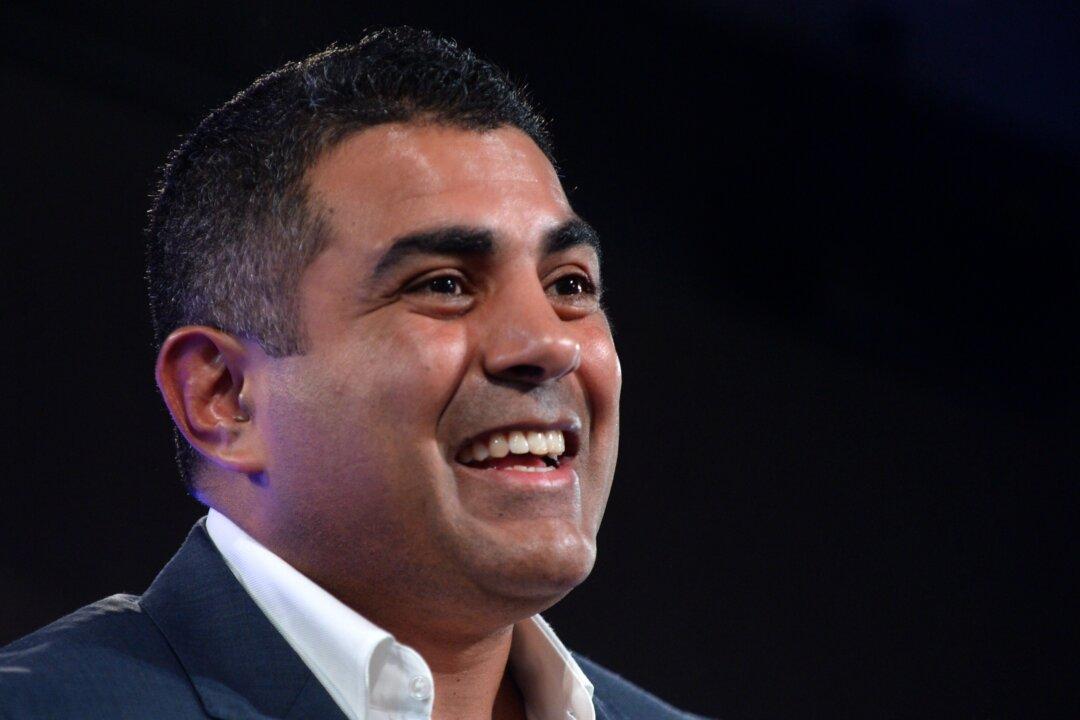The Australian federal government has announced the country’s First Nations ambassador in an attempt to elevate Indigenous rights to the world stage.
The move comes as the Labor government continues to push for greater Indigenous representation in politics, despite it already having an Indigenous Australians Minister and 17 major Indigenous organisations and programs at the Commonwealth level.




